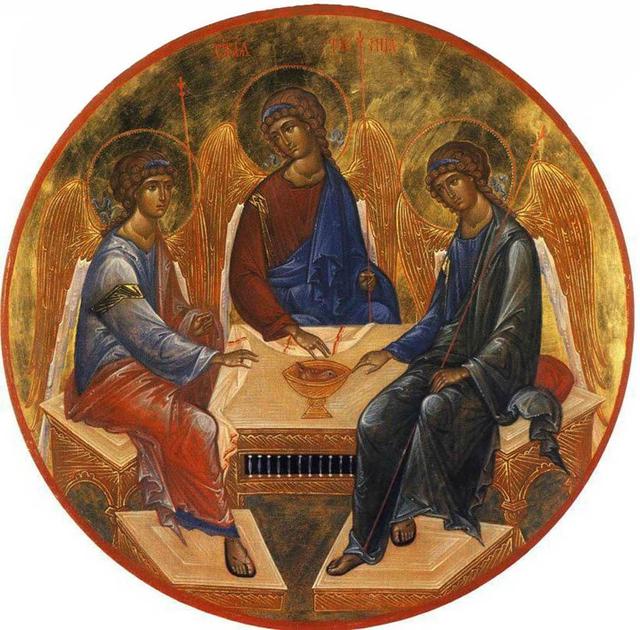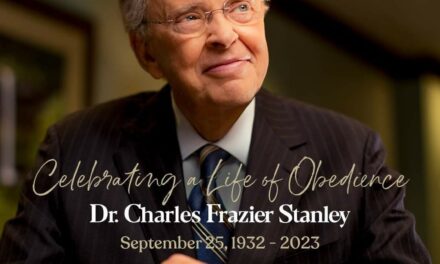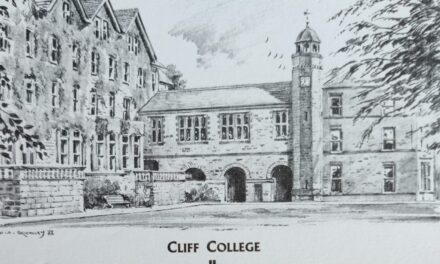You cannot inherit Christianity. You cannot live Christian life until you receive Jesus Christ- Billy Graham
Against every major doctrinal battle in church history, Evangelist Billy Graham’s message was relentlessly focused on one goal: saving souls for Jesus. Graham practiced proclamational evangelism in the revivalist style in his sixty – four years of evangelism ministry. Graham’s practice followed his practical theology with the testimony of his personal salvation. More important to Graham in life and ministry was soul winning bearing in mind that soul, the part of man that feels pain or joy, happiness or sorrow is the centre and part of the man and woman that lives forever. Graham, in 1967 while speaking to pastors at one of the first schools of evangelism in Kansas City illustrated the heart of gospel proclamation with reference to ‘the kerygma, the simple message of the gospel, to have the power to penetrate the hearts, minds, and souls of people all over the world.’ The book of Proverb provides credence to soul winning: “He that winneth souls is wise” (Prov 11:30). Soul winning is one of the dearest things to the heart of God because God has a high evaluation of the soul winner with the promise of eternal dividends.
Satan, acting upon the mind, the seat of free will and choice of man and woman, is able to turn people away from the beauty of harmony with the will of God. In Genesis, in the fall of creation, the serpent used two different methods of blinding and paralysing ‘the minds of the unbelievers, to keep them from seeing the right of the gospel of Christ’ (2 Cor 4:4). The world continue to be lovers of self, lovers of money … holding the form of religion but denying the power of it. The good news is that the same Satan that penetrated all cultures with sin is overcome by the same kerygma proclaimed through different locations and ‘lips of an interpreter in Spanish, Japanese, Tamil, or an African dialect.’ Soul winning beyond taking members from other churches or adding names to church roll call is a metaphor for evangelism and witnessing. Graham’s theological, revivalist crusade methodological foundation, and his ‘invitational system bear witness to his view of instantaneous conversion as the work of the Holy Spirit.’ The reflection is that conversion happens through meditation and conviction, ‘upon the heart of man as a result of the transforming power of the word of God,’ proclaimed in the power of the Holy Spirit. There is not language or cultural barriers when the gospel penetrates ‘the darkened mind and flood it with the light of the Gospel.’ This revelation brings the words of John Wesley to mind, ‘the world is my parish,’ hence, neither the colour nor voice could hinder or limit the Gospel power. To Graham, evangelism is the heart of the Great Commission. In one of his sermons, “The Sin of Omission,” Graham expressed his openness to ‘lifestyle evangelism.’ According to him, ‘A true sacrament is not a mere creed or ordinance, or form, but it is a life of service to God and to man.’
The idea of lifestyle evangelism points us to unselfish Christian service through ‘less creed and more acts of compassion.’ To accomplish this acts we have to understand and overcome Graham’s redefinition of the sins of omission namely – ingratitude, lack of love for God, neglect of the Word, sin of unbelief, neglect of prayer, failure to attend church services, lack of passion that is intense and deep for souls – a burning desire to lead unbelievers to Christ, and neglect of family duty and family altar. In another sermon in 1959, “Three Dimensional Love of God,” Graham gave an example of a soldier who came to Christ through the quiet love of a Christian fellow-soldier. The challenge today according to Graham is that “The world waits in vain today for a demonstration of Christian love and forbearance … The church needs to rediscover the power of Christian love.”
In one of his books, World Aflame, Graham, while reflecting on the man’s dual citizenship provided dual approach to mission by proclaiming the gospel and apply the principles of Christianity to social conditions around us. According to Graham, ‘the lives of the early Christians was their invincible witness.’ In Graham’s numerous definition of evangelism, he placed proclamation first. Other means of communicating the gospel according to Graham includes a holy life (lifestyle), love, compassionate social concern, demonstration of unity in the spirit and contagious excitement. One could see a thread than a discord in Graham’s theology, his practice, and his verbal definition of evangelism since he founded the Billy Graham Evangelistic Association (BGEA) in 1950. Graham’s biblical and revivalist theology put emphasis ‘on verbal witness and instantaneous conversion. It is pertinent to say that Graham’s parameter and practices of evangelism was not static but dynamic from proclamational to non-verbal witnessing (1952), to the importance of lifestyle evangelism (1961), and then open to social ministry (1967), and with the addition of the World Emergency Fund (social responsibility) in 1973.
Graham’s theology of evangelism through the preaching on ‘the total depravity of man, the substitutionary atonement, and Pietistic Lutheran soteriology … emphasized instantaneous conversion as a result of the ministry of God the Holy Spirit through His Word preached, followed by an immediate response through an invitation.’ Graham’s evangelistic meeting in Cambridge University in his early years of ministry for a week with over eight thousand student was a turning point for him. According to him, “I gave them what l thought were intellectual dissertations, for l had prepared my messages with the help of a couple of Seminary professors, but when l had finished my message and had given the invitation, nothing happened. I threw those sermon away and got out John 3:16 and the Lord moved in and the Cambridge students began to come until six hundred had come forward publicly to give their live to Jesus Christ.’ The reflection is that the letter informs, it is the gospel alone that has the power to transform lives and reform the society. Graham’s theology and practices resonates with a Nigerian prophet and evangelist of late, Timothy Oluwole Obadare of the World Soul Winning Evangelical Ministries (WOSEM) who l described as a ‘folk’ theologian. Their discerning gifting, expositions, and prophetic preaching suggests them as a common preachers (non-specialists) with a common message for the common people without a ‘systematic ordering of Christian teaching.’ Their open air crusades, radio and television broadcasts, bible schools, and tent meetings proclamations with common theology are best understand by common people. The altar call in response to their preaching rightly affirmed their theology of instantaneous conversion. The loss of their wives at their old age did not affect their trust in God. They both, in their different contexts challenged the nominalism and complacency that are always the sins of all establishments. They combined ancient holiness commitment and passion for the present and heavenly vision with a cherished proclamation of the old rugged cross. During Graham and Obadare 64 and 59 years in ministry respectively, they did not exchange the old rugged cross for the passing glory of this temporal world.











Recent Comments